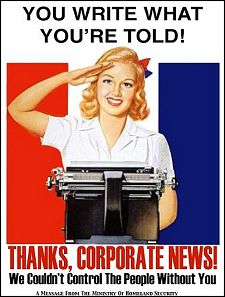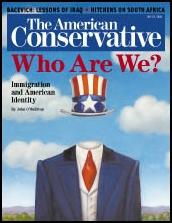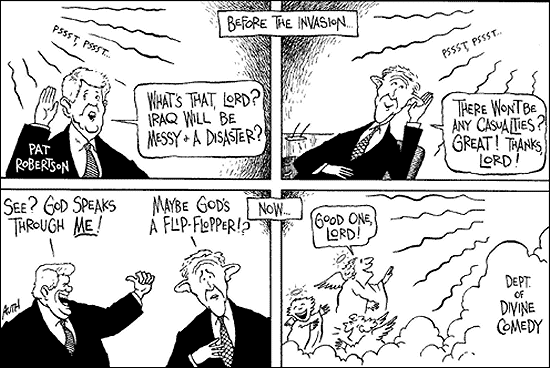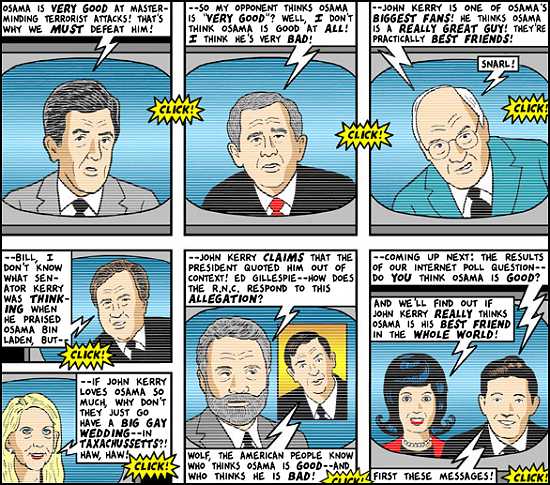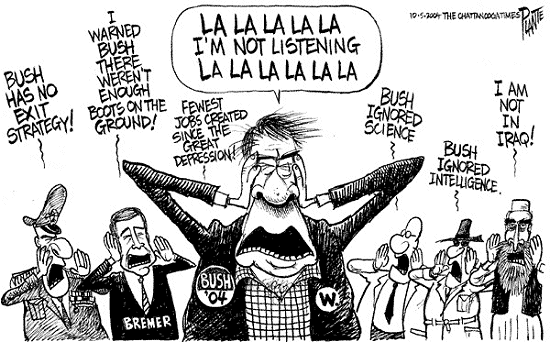Three Days To Go. . .
Everything Is On Its Way Up In America. . .
by The Old Hippie, Because Knowledge Of Reality - Is Its Own Freedom
The number of Americans that don't get enough food, up again - The number without any health insurance, up again - The number without jobs, up again - The number not counted because they "gave up," up again - The number below the poverty line, up again - The number of men put into

(Doonesbury) | prison, up again - The number dead in a profit taking war, up again - The number of dead since "Mission Accomplished," up again - The number of "dirty-tricks" to suppress the vote by republicans, up again, The number of women put into prison, up again, - The number of known corporate environmental "escapes," up again - The number of corporations with off shore tax dodging headquarters, up again - The number of those given federal no-bid contracts, up again - The number of innocent civilians killed for our war, up again - The number of jobs with less pay and less benefits and less security, up again - The number of "Christians" that "believe" that the Separation of Church and State should be done away with, up again - The number of terrorists in the world directly because of the Iraq war, up |
= = = = = = = = = = = = = = = = = = = = = = = = = = = = = = = = = = = = =
WAKE THE FUCK UP!
Three days to go people - -

